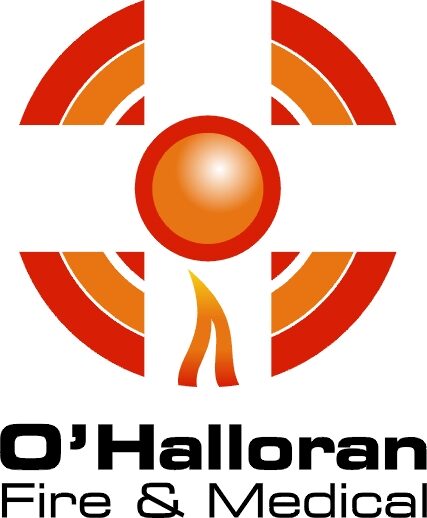
This role has a high level of AI exposure. While some human skills are required, many tasks could be automated or replaced by new technology.
Explore all careersSystems Testers ensure software integrity and functionality by creating test plans, documenting defects, and producing technical reports and guides.
Get qualified to work as a Systems Tester with a course recognised across Australia. Speak to a training provider to learn more.





In Australia, a full time Systems Tester generally earns $2,000 per week ($104,000 annual salary) before tax. This is a median figure for full-time employees and should be considered a guide only. As you gain more experience and technical expertise you can expect a higher salary than people who are new in the role.
 Courses.com.au Team
Courses.com.au Team
There are approximately 8,400 Systems and Software Testers employed in Australia right now. Systems Testers work for corporate enterprises, private businesses, government departments, and community service organisations in all industries and employment sectors.
Source: Australian Government Labour Market Insights
 Courses.com.au Team
Courses.com.au Team
Systems Testers need a solid background in ICT with advanced coding skills across a range of programming languages. Get started with the Certificate IV in Programming and the Certificate IV in Systems Analysis and Design. These qualifications take 6-12 months to complete.
 Courses.com.au Team
Courses.com.au Team
Browse occupations related to Systems Tester



Explore a range of Systems Tester courses in Richmond designed to equip you with the essential skills necessary for a successful career in the tech industry. With various training providers like ATI offering Certificate IV in Information Technology, you can gain a solid foundation in systems testing and elevate your professional capabilities. Richmond, known for its vibrant community and favourable access to technological industries, is a fantastic place to kick-start your journey as a Systems Tester.
Completing a Systems Tester course opens the door to various career opportunities in the thriving tech landscape. Interested students can also explore related job roles to broaden their prospects, such as a Test Engineer, Test Analyst, or even a Automated Tester. By diversifying your skill set, you will be well-prepared to adapt to the evolving demands of the industry, enhancing your employability in Richmond's competitive job market.
Joining a Systems Tester course not only provides you with technical know-how but also bridges connections with reputable training providers in Richmond. With institutions like O'Halloran Fire & Medical delivering high-quality education, you can confidently pursue your passion for technology. The insights shared by experienced instructors will motivate and encourage you as you embark on this exciting learning journey.
Richmond is an excellent location for aspiring tech professionals, given the range of opportunities available upon completing the Systems Tester courses in Richmond. Complementing your training with knowledge of nearby roles such as a Software Developer or a Cloud Developer will enhance your versatility in the job market. Embrace the chance to learn and grow, and watch your career in the technology field flourish!